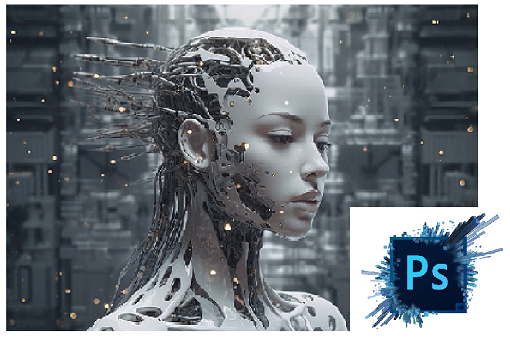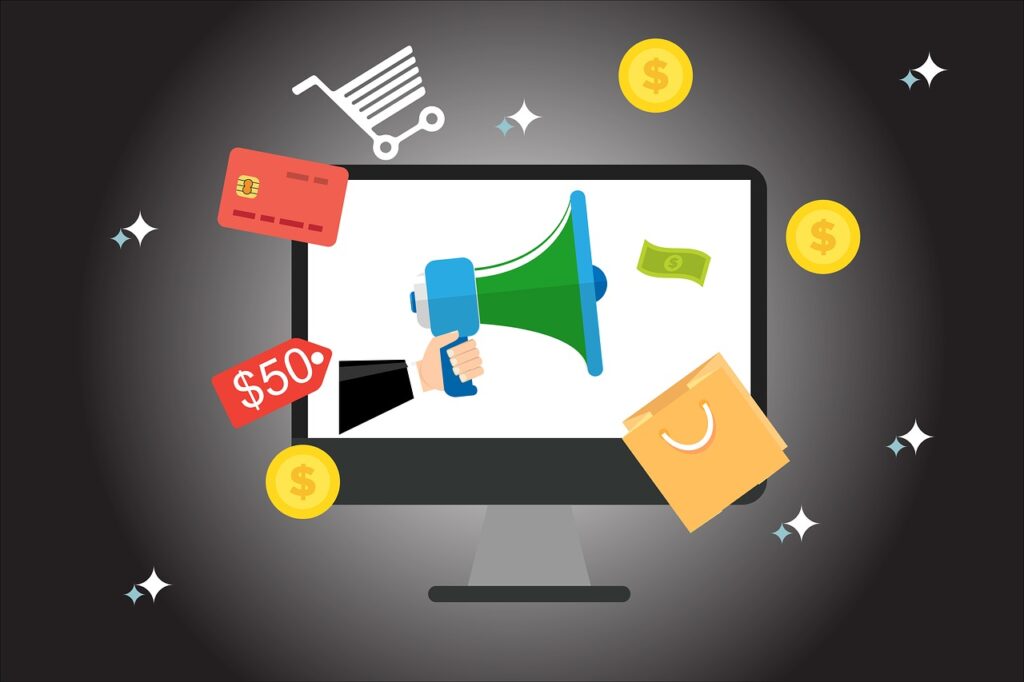The Integration of AI in Photoshop: Revolutionizing Image Editing
Introduction
In recent years, advancements in artificial intelligence (AI) have had a profound impact on various industries, and the world of image editing is no exception. Adobe, the creator of Photoshop, is now integrating AI technologies into their flagship software, bringing forth a new era of possibilities and capabilities. This article explores the integration of AI in Photoshop, delving into its benefits, concerns, and the future implications it holds.
The Integration of AI in Photoshop
Adobe’s integration of AI in Photoshop marks a significant milestone in the evolution of the software. By harnessing the power of machine learning and deep neural networks, Photoshop can now analyze and understand images, enabling a range of automated editing and enhancement features.
Benefits of AI in Photoshop
1. Automated Image Editing
One of the major advantages of AI integration is the ability to automate various editing tasks. Photoshop can now intelligently identify objects, remove backgrounds, and perform complex image adjustments automatically. This saves time and effort for photographers and designers, allowing them to focus more on their creative vision.
2. Error Correction and Image Restoration
AI algorithms in Photoshop can detect and correct common errors and imperfections in images. This includes removing noise, reducing blurriness, and enhancing overall image quality. The automated restoration capabilities provide a valuable tool for professionals working with old or damaged photographs.
3. Enhanced Creative Capabilities
AI-powered features like content-aware fill and intelligent up-scaling open up new avenues for creativity. Photoshop can generate realistic details, seamlessly blend images, and even suggest creative enhancements based on image analysis. This empowers artists to explore and push the boundaries of their imagination.
Concerns and Challenges
While the integration of AI in Photoshop brings numerous benefits, it also raises valid concerns and challenges.
1. Job Losses and Industry Impact
The automation of certain editing tasks through AI has raised concerns about job losses in the industry. As Photoshop becomes more capable of handling complex edits, some fear that it may replace the need for human intervention in certain areas. However, it is important to recognize that AI can also augment human creativity and productivity rather than replace it entirely.
2. Potential for Image Manipulation and Misuse
With the power of AI, there is a potential risk of misuse or manipulation of images. The ability to generate highly realistic fake images or alter visual content with ease raises ethical concerns. It becomes crucial to develop robust tools and frameworks to detect and prevent malicious use while ensuring responsible AI usage.
The Future of AI in Photoshop
The integration of AI in Photoshop is just the beginning of a transformative journey. Adobe recognizes the ethical considerations and the need for responsible AI usage.
1. Ethical Considerations and Responsible AI Usage
As AI becomes more prevalent in image editing, it is essential to establish ethical guidelines and standards. Adobe is committed to ensuring that AI in Photoshop adheres to these principles, promoting transparency, fairness, and accountability. This includes addressing issues such as bias, privacy, and informed consent.
2. Continued Innovation and User Experience
The future holds exciting prospects for AI in Photoshop. Adobe is dedicated to continuous innovation, refining the AI algorithms, and expanding the capabilities of the software. User feedback and real-world usage will play a pivotal role in shaping the direction of AI integration, ensuring it aligns with the evolving needs of photographers and designers.
User Reactions and Feedback
The integration of AI in Photoshop has sparked varied reactions within the user community.
Positive Reception and Increased Productivity
Many users have embraced the AI-powered features, recognizing the significant productivity gains they offer. Automated editing and error correction tools have allowed professionals to streamline their workflows, saving time and effort. The convenience of AI-driven enhancements has been a welcome addition for photographers and designers.
Criticisms and Skepticism
While AI integration in Photoshop has its merits, some users remain skeptical. Concerns over the loss of control and authenticity in the creative process have been raised. Skeptics question whether AI can truly replicate the artistic nuances and subjective decisions made by human editors. Balancing automation with the artistic vision of users will be a crucial challenge moving forward.
Conclusion
The integration of AI in Photoshop signifies a significant leap forward in image editing capabilities. It brings a host of benefits, including automated editing, error correction, and enhanced creative capabilities. However, concerns surrounding job losses, image manipulation, and ethical considerations must be addressed. With responsible AI usage and continued innovation, the future holds immense potential for AI-powered image editing while preserving the essence of human creativity.
FAQs
Q: Can AI completely replace human image editors?
A: No, AI in Photoshop is designed to augment human creativity and productivity rather than replace it entirely. Human editors bring unique artistic perspectives and subjective decisions that AI cannot replicate.
Q: How can AI be used responsibly in Photoshop?
A: Responsible AI usage involves establishing ethical guidelines, promoting transparency, fairness, and accountability. Adobe is committed to addressing bias, privacy, and informed consent in AI integration.
Q: Are there risks of image manipulation with AI in Photoshop?
A: Yes, the power of AI can be misused for image manipulation. Robust tools and frameworks need to be developed to detect and prevent malicious use and to mitigate this risk.
Q: What is the future of AI in Photoshop?
A: The future holds continuous innovation and expansion of AI capabilities in Photoshop. User feedback and real-world usage will guide the development, ensuring it aligns with evolving user needs.
Q: How has AI integration affected productivity in Photoshop?
A: AI-powered features have significantly increased productivity in Photoshop. Automated editing and error correction tools have streamlined workflows, saving time and effort for professionals.
References:
- The Guardian: Adobe to integrate AI into Photoshop amid fears of job losses and mass faking of images
- TechRadar: Photoshop’s new AI-powered tricks will fix your biggest mistakes
- Digital Camera World: Adobe integrates Firefly’s generative AI with Photoshop





